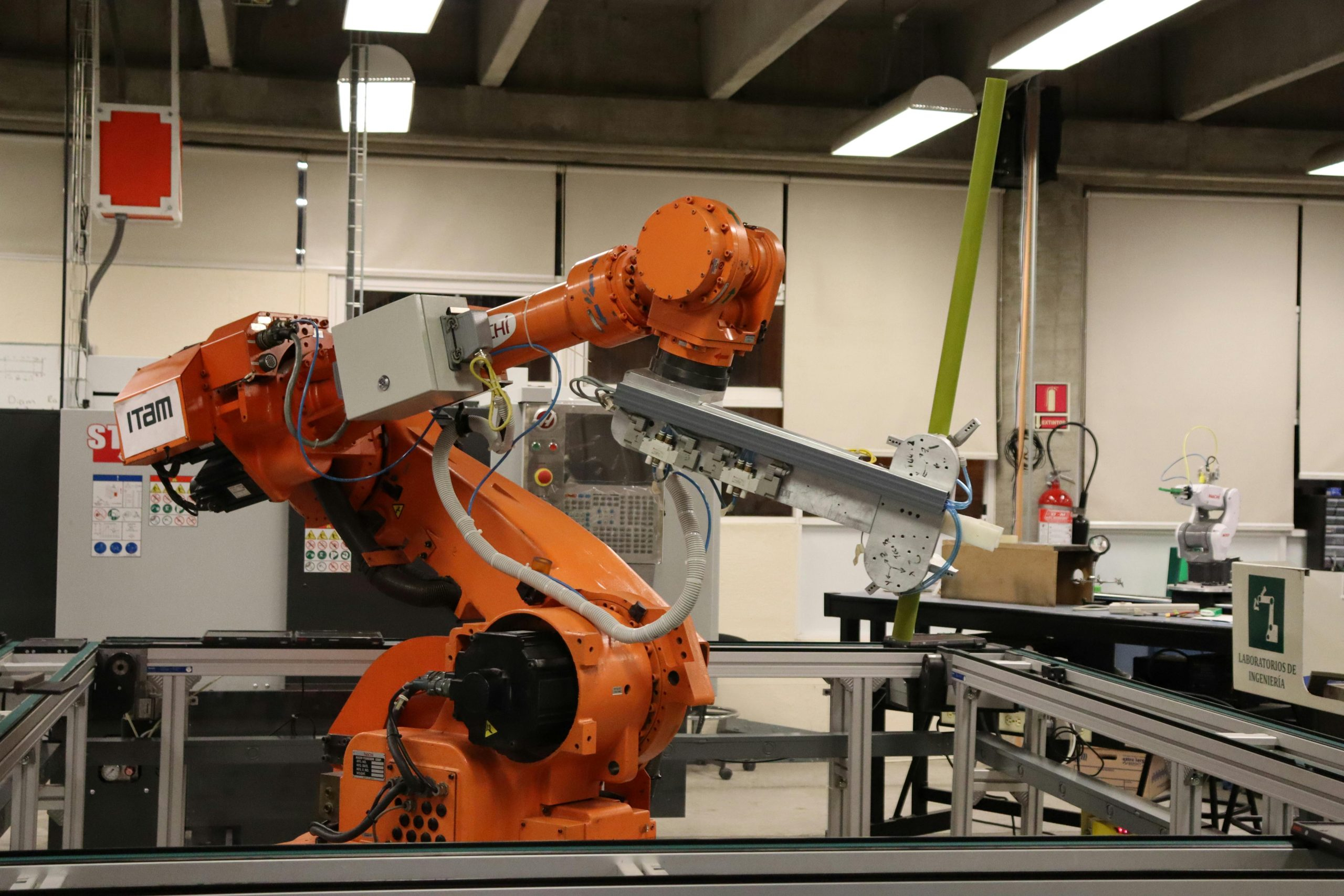Utilizing Robotic Process Automation for Business Efficiency
Welcome to the future of business efficiency. With the rapid advancement of technology, one particular tool has been creating waves in the business world -Robotic Process Automation (RPA). By automating tedious and time-consuming tasks, RPA has proven to be a game-changer for companies looking to optimize their operations and increase efficiency. In this article, we will explore the benefits of utilizing RPA in businesses and why it has become an essential tool in today’s ever-evolving digital landscape. So let’s dive in and discover how RPA can transform your business efficiency.
The Rise of RPA: Understanding the Basics
Before we get into the nitty-gritty of how RPA can transform your business, it’s essential to understand the basics. RPA is an emerging technology that uses software robots or “bots” to automate repetitive tasks in a business process. These bots mimic human actions by using predefined rules and algorithms to perform a set of tasks, such as data entry, data manipulation, and communication with various applications and systems. These bots can significantly reduce the time and effort spent on these monotonous tasks, allowing employees to focus on more critical and strategic responsibilities.
Increased Productivity and Accuracy
One of the main advantages of utilizing RPA in business processes is the significant increase in productivity and accuracy. By automating repetitive tasks, RPA eliminates human errors and speeds up processes, thereby improving overall efficiency. These bots can work 24/7, leading to a massive increase in productivity, and ultimately, cost savings. With fewer manual errors, there is also a significant reduction in rework and delays, resulting in faster turnaround times and improved customer satisfaction. RPA can also handle large volumes of data, making it ideal for businesses with high transactional activities.
Cost Savings
In today’s competitive business landscape, cost reduction is a top priority for most companies. RPA can significantly contribute to cost savings by reducing the need for manual labor. By automating tasks, companies can avoid hiring additional staff for repetitive tasks, including mundane ones such as data entry. This not only leads to cost savings but can also free up employees’ time and allow them to focus on more creative and strategic tasks.
Faster Time-to-Market
RPA can also help businesses get their products and services to market faster. By automating processes, the time taken to complete tasks is significantly reduced, leading to faster progress and completion of projects. This can result in faster turnaround times and quicker decision-making, giving businesses a competitive edge. Moreover, RPA can also adapt to changing market conditions and adjust process flows accordingly, ensuring a smooth and seamless workflow that meets customer demands and business goals.
Integrating RPA in Your Business Processes
When it comes to implementing RPA in your business, it’s crucial to have a clear understanding of your processes. Identifying the right processes to automate is key to maximizing the benefits of RPA. Start by analyzing the most time-consuming and repetitive tasks in your business, as these are prime candidates for automation. Additionally, make sure to involve your employees in the implementation process, as they have valuable insights into the existing processes and can help identify pain points that can be addressed through RPA.
Be Mindful of Potential Challenges
While RPA offers a plethora of benefits, it’s essential to be aware of potential challenges that may arise during the implementation process. RPA technology is relatively new, and as with any emerging technology, there may be a learning curve involved. Employees may need to be trained on how to work alongside these bots, and businesses may need to frequently update and maintain the software to keep up with changing technologies. It’s crucial to have a dedicated team to manage and monitor RPA processes to ensure everything runs smoothly and efficiently.
Wrap Up
Robotic Process Automation has undoubtedly revolutionized the way businesses operate. By automating repetitive tasks, companies can increase productivity, reduce costs, and speed up processes. However, successful integration of RPA requires a thorough understanding of existing processes and potential challenges. With the right approach, RPA can transform your business’ efficiency and take it to new heights. So why wait? Embrace RPA today and experience its power in optimizing your business operations.
Have you already implemented RPA in your business? Share your experience with us in the comments below!










